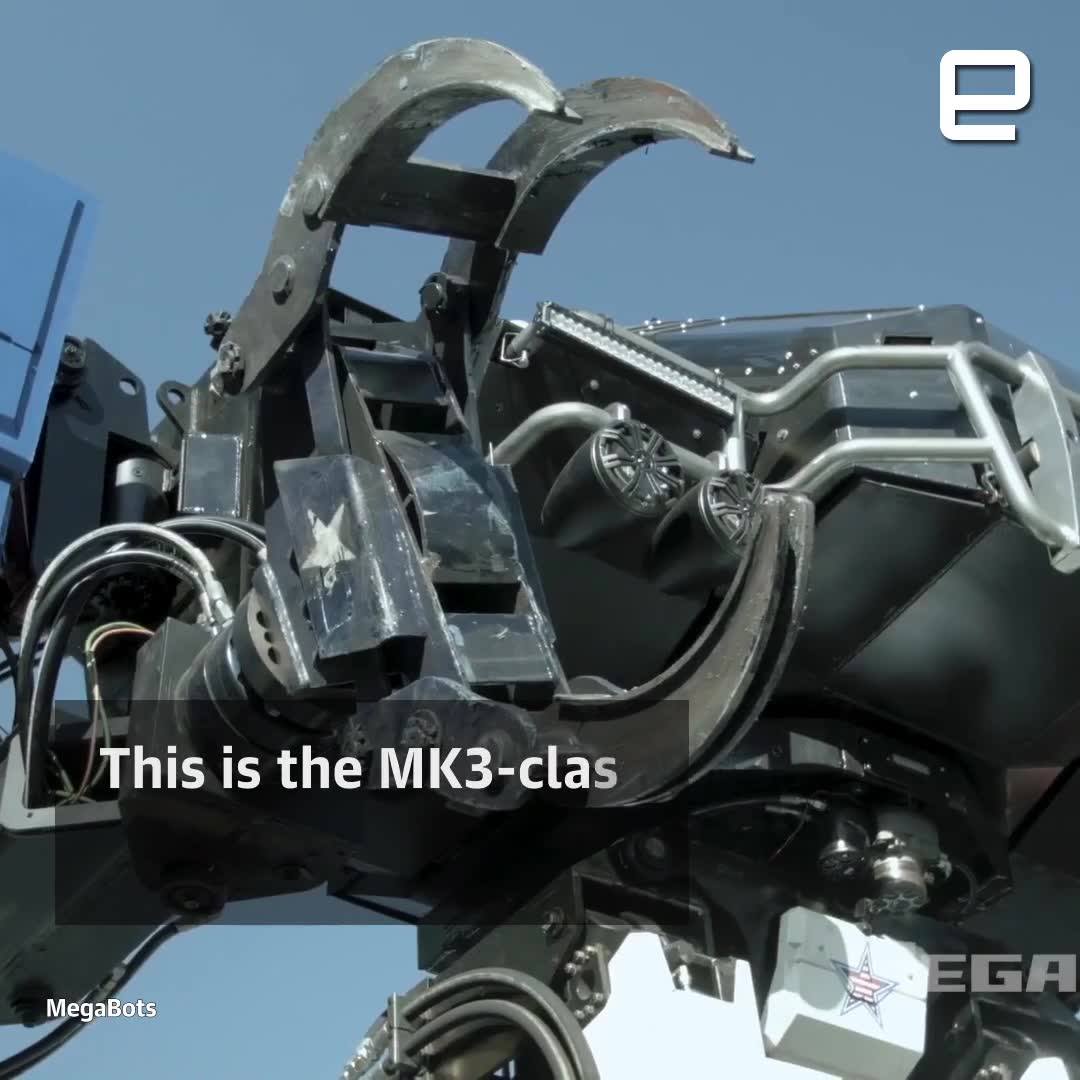Aug 9, 2017
Australia is replacing passports with facial recognition
Posted by Shailesh Prasad in category: robotics/AI



Demis Hassabis, founder of DeepMind, says the future of AI lies in neuroscience. Aspects of neuroscience are key in artificial intelligence algorithms.



The race to build up artificial intelligence is driving software companies to roll their own silicon.

Stanford researchers accidentally discovered that iron nanoparticles invented for anemia treatment have another use: triggering the immune system’s ability to destroy tumor cells. Iron nanoparticles can activate the immune system to attack cancer cells, according to a study led by researchers at the Stanford University School of Medicine.
The nanoparticles, which are commercially available as the injectable iron supplement ferumoxytol, are approved by the Food and Drug Administration to treat iron deficiency anemia.
The mouse study found that ferumoxytol prompts immune cells called tumor-associated macrophages to destroy cancer cells, suggesting that the nanoparticles could complement existing cancer treatments. The discovery, described in a paper published online Sept. 26 in Nature Nanotechnology, was made by accident while testing whether the nanoparticles could serve as Trojan horses by sneaking chemotherapy into tumors in mice.
